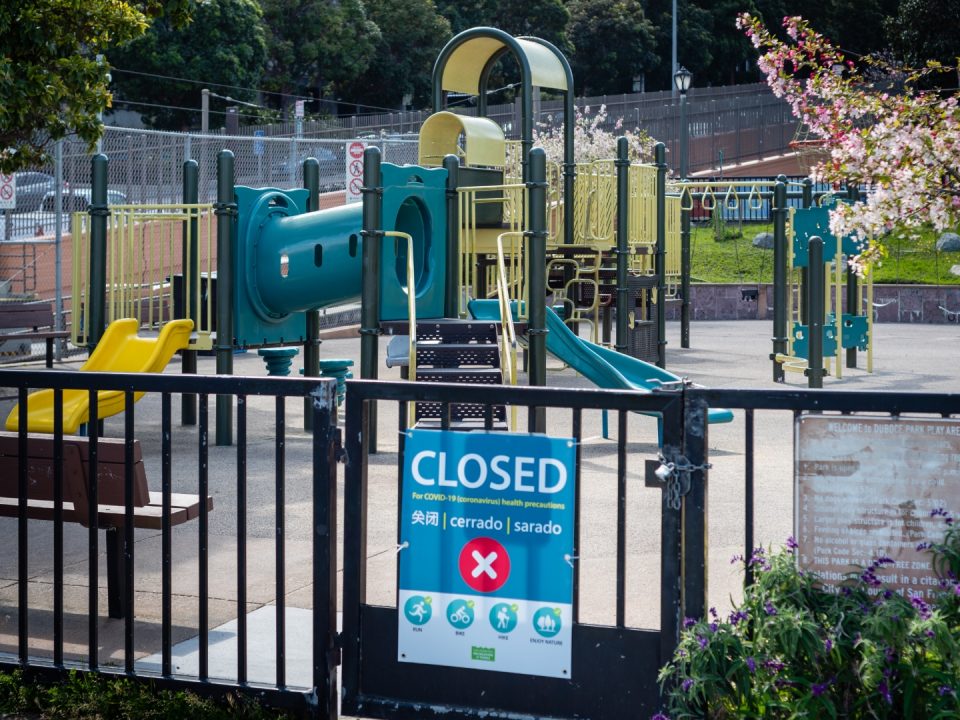Bridging Cultural Etiquettes
My family (parents, grandparents, two younger sisters, and I) are missionaries starting a church in a small town in Portugal. A small town where the biggest thing that’s happened for about two years is the grand opening of its first fast-food restaurant a few months ago. On the day it opened, the parking lot of the new Burger King and the parking lot of the grocery store next to it were packed. We have a movie theatre, but it will only show a movie once every four months. We have a shopping mall that is mainly composed of small cafes and two or three clothing stores. Oh, and we have Chinese stores. Lots and lots… and lots of Chinese stores. For anyone who hasn’t been to either Spain or Portugal, Chinese stores here in Portugal are kind of like dollar stores, except they smell like lavender incense candles and play upbeat pop songs in a different language. They sell everything. From makeup to fishing poles, from kitchenware to Catholic incense. Our small town has nine of them. Nine. All this to show that it’s not a very big town. And where we actually live is smaller still.
We live in a village called Fortios, right along the main highway. A place that people pass through all the time but who wouldn’t know where it was if you asked them. Most of the people living here now grew up here, left, found a job, raised a family, and came back here to retire. So a good part of the community is very traditional and is used to a strict-ish code of etiquette. For example, if you see someone at the grocery store, it is considered rude not to go up and say either “Good Day” or “Good Evening”( if it’s after 12 o’clock), or “Good Night” (if it’s dark outside), and engage in some form of small talk for a few minutes. And you have to give them “beijinhos”, which is a kiss on each cheek, every time you meet them and every time you leave them. If you are with a group of people, say, at church, everyone has to greet everybody with beijinhos, which can sometimes take a while.
My family usually stays in Portugal for about two and a half years, on account of our visas, after which we go back to the States for six months to visit supporting churches and families. This is when most of the funny situations that come with transitioning between two totally different cultures happen. Something that is usually really awkward for me and my sisters is switching to shaking hands. Someone comes over to greet us and we instinctively lean forward to kiss them on each cheek at the same time that they extend their hand. Then they back away confused with a weird look on their face. It doesn’t work to try and explain.
Another thing that is usually hard for me to get used to is the difference in formalities. In Portugal, when you are addressing someone older than you, you use a form of title before their name. So if you had a neighbor whose name was Mrs. Andrews, you would call her Dona Andrews (Lady Andrews). Or if she was your teacher, you would call her Teacher Andrews. And you would never use “you” when speaking to her. It would be “Did Teacher Andrews have a good evening yesterday?” or “Does the teacher want me to close the window?”. When we are back in the States, referring to an adult as “you”, can feel like I am being disrespectful.
Bethany Smith, MK to Portugal



